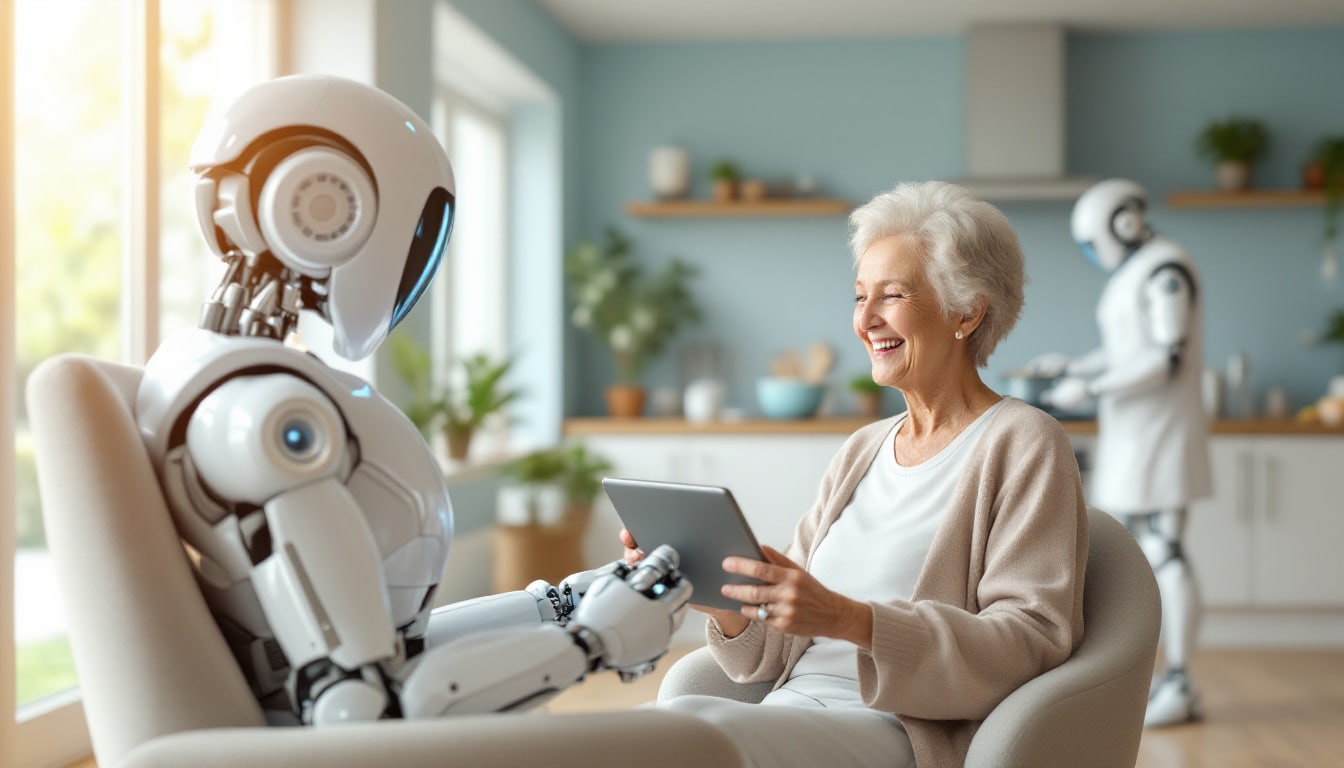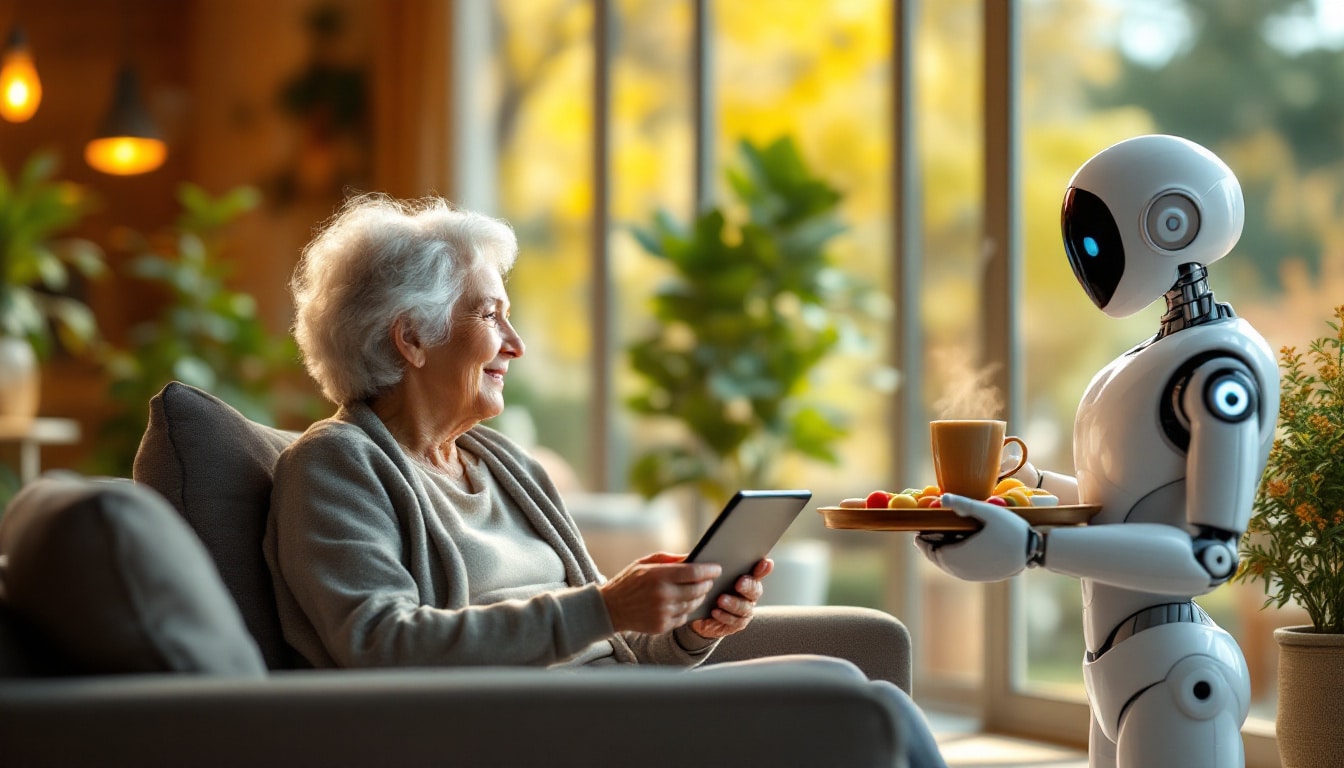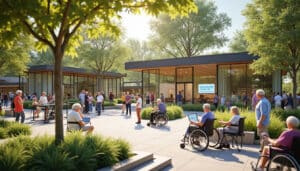Technology is affirming itself as a true catalyst to revolutionize elder care, redefining standards of quality and accessibility. Thanks to innovations such as health monitoring devices, tele-assistance applications, and artificial intelligence solutions, the experience of seniors and their families is transformed. Each technical advancement brings its share of promises, offering a life that is more autonomous, more connected, and, above all, more enriching. Let us dive into this era where innovation shapes a bright future for the well-being of seniors.
The future of elder care looks promising thanks to the rise of innovative technologies. These advancements not only improve the quality of life for seniors but also address their specific needs. Smart devices, connected health applications, and telemedicine solutions are transforming the way care is provided, making services more accessible and personalized. Gerontechnology is emerging as an essential response to the challenges of an aging population, offering suitable tools to ensure the safety and well-being of seniors. Thanks to these innovations, a new era of care is circulating, combining advanced technologies and humanism, for a future where every senior can benefit from quality attention.

Technology offers incredible opportunities to transform elder care. Innovations such as home monitoring devices allow healthcare professionals to track patients’ statuses in real time, thereby contributing to a quicker response in case of need. By integrating systems such as artificial intelligence, it is possible to analyze vital data proactively, ensuring a better quality of life for seniors.
Revolutionary tools for seniors’ daily lives
Advances in telemedicine and digital communication offer seniors greater autonomy. With user-friendly applications, they can consult doctors without having to travel, which reduces the stress associated with commuting. Additionally, medication management devices, combined with digital reminders, help seniors adhere to their treatment, thereby reducing the risks of forgetfulness or drug interactions.
Responses to social and economic challenges
As the aging population presents new challenges, technology represents a solution to the economic concerns linked to care. Assistance robots, for example, help not only with patient treatment but also provide a form of companionship. This can reduce social isolation, a problem often observed among the elderly. The savings generated by these technological innovations could then be reinvested into other healthcare services, creating a virtuous cycle for the future of care.
The development of technologies has opened new perspectives for the elder care sector, radically transforming the quality of life for seniors. Technological innovation is revolutionizing the way care is provided, ensuring more effective monitoring and facilitating the autonomy of elderly individuals. Thanks to devices such as smartphones, health applications, and telemedicine systems, it is now possible to monitor in real time the health status of seniors, allowing for rapid intervention when needed.
Moreover, technologies such as companion bots and voice assistance devices provide essential emotional comfort to some seniors, thereby reducing loneliness and isolation. These innovations provide moral support as well as daily assistance, enabling elderly individuals to live more autonomously and securely at home.
Furthermore, recent initiatives aimed at integrating gerontechnology into care facilities demonstrate an increased commitment to improving the infrastructures and services provided to seniors. Advanced tools, such as robotics and home automation, simplify daily tasks and enhance the overall user experience while allowing caregivers to focus on more personalized care.
Finally, as the global population ages, the positive impact of technology on elder care becomes increasingly evident. Sector stakeholders must continue to explore and develop innovative solutions to meet a growing need, thereby ensuring a bright future for our seniors.











